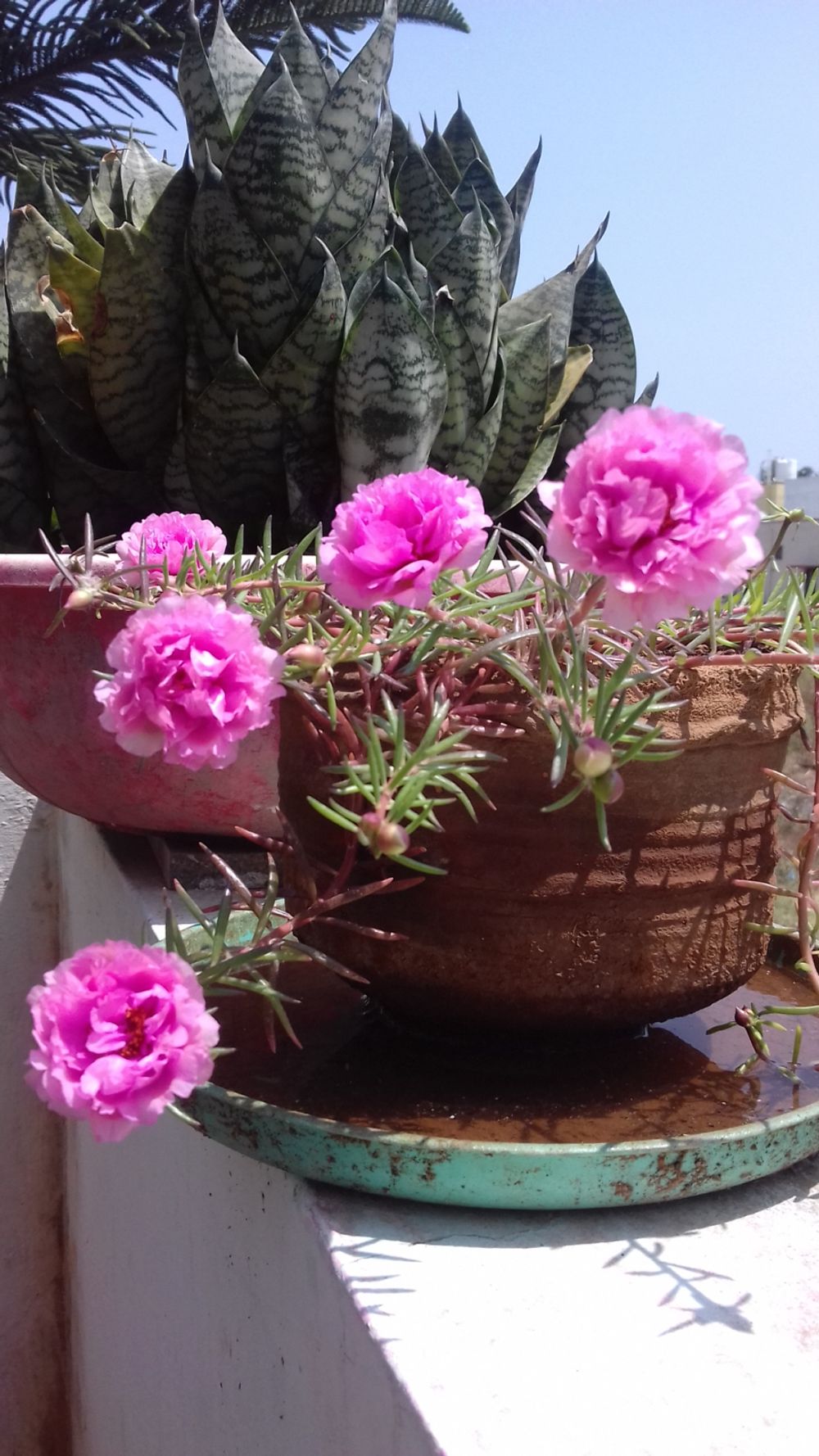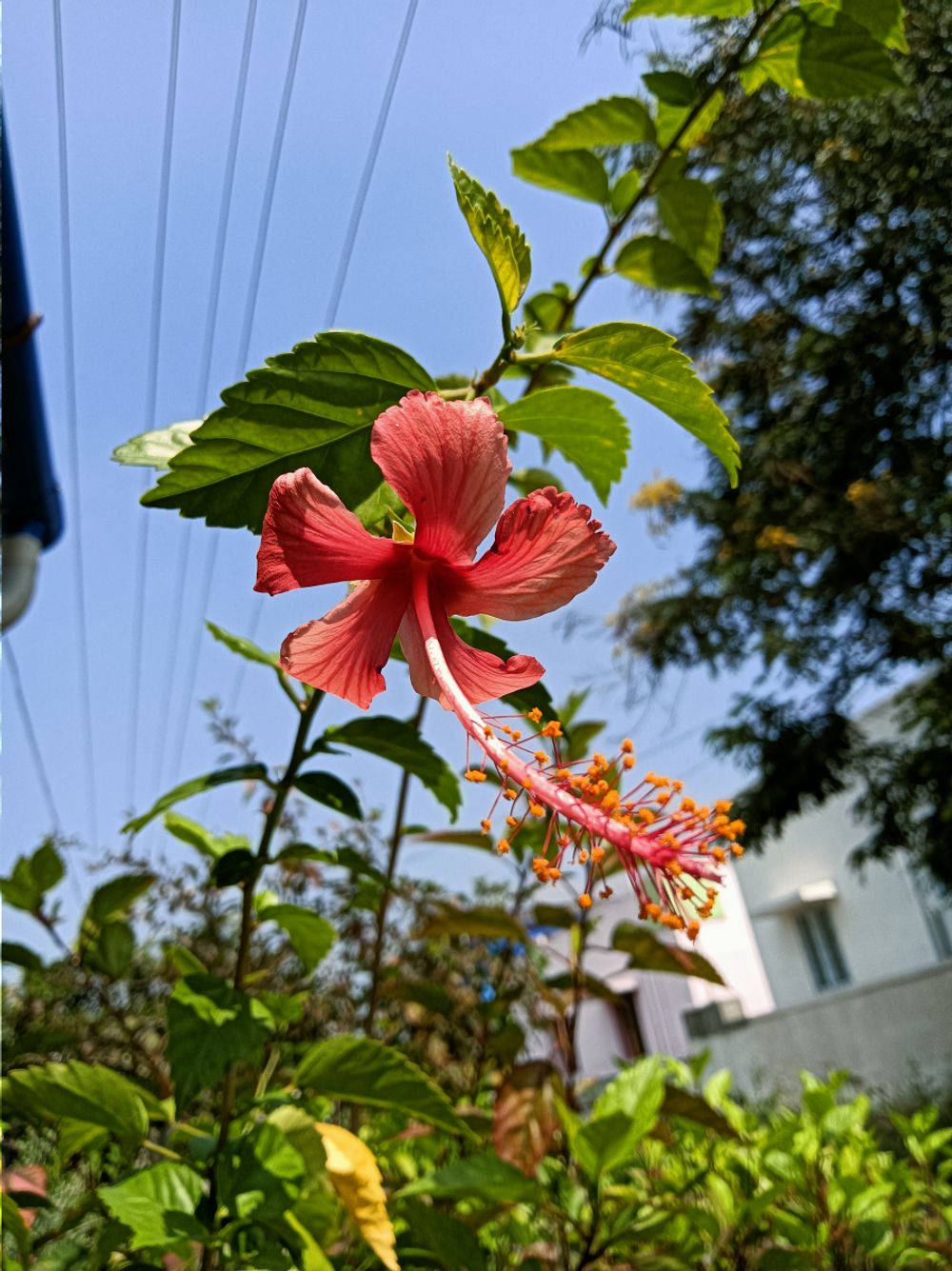

Gardening is the practice of growing and cultivating plants which connect us with nature, enjoy fresh produce and relax.
Gardening Tips:
Choose the right plants for your climate and soil conditions.
Plan your garden layout and consider factors like sunlight exposure and plant height.
Water your plants deeply and less frequently to encourage deep root growth.
Protect your plants from pests by using natural remedies like neem oil or companion planting.
Rotate your crops each year to prevent soil depletion and reduce the risk of diseases.
Keep an eye out for signs of plant diseases and address them promptly to prevent spreading.
Weed regularly to prevent competition for nutrients and water.
Learn about the specific needs of each plant variety you grow to provide appropriate care.
Avoid overwatering your plants, as it can lead to root rot and other problems.
Take advantage of rainwater by collecting it in barrels for use in your garden.

Gardening have impact on various aspects of life:
Gardening is a physical activity that provides exercise and promotes overall fitness. Digging, planting, weeding, and watering all involve movement and can contribute to increased strength and flexibility.
Spending time in a garden and being surrounded by nature has been shown to reduce stress levels and promote relaxation.
Gardening has a positive impact on mental health. It can alleviate symptoms of depression, anxiety, and improve overall mood.
Gardens provide a direct connection to the natural world. They offer an opportunity to observe and appreciate the cycles of life, fostering a sense of awe and wonder.
Growing your own food in a garden promotes self-sufficiency and food security. It allows individuals to have access to fresh, nutritious produce and reduces reliance on external food sources. This is particularly important in areas where access to healthy food is limited.
Gardens contribute to environmental sustainability in several ways. They provide habitats for beneficial insects, birds, and other wildlife, promoting biodiversity. Gardens also improve air quality by absorbing carbon dioxide and releasing oxygen.
Gardens serve as outdoor classrooms where individuals, especially children, can learn about plant life cycles, ecosystems, and sustainable practices.

My Personal Experience:
Talking to plants can help create a sense of mindfulness and connection with nature. It allows us to slow down, observe our plants closely, and appreciate their beauty and growth. I believe that speaking to plants with positive and encouraging words can create a positive energy or intention, which may influence the plant's growth and well-being. While it is not scientifically proven, the act of being kind and caring towards our plants can promote a nurturing mindset.
Talking to our plants might indirectly benefit them by ensuring that we spend time in their vicinity. This allows us to notice any changes in their environment, such as pests, diseases, or watering needs, and take appropriate action promptly.
